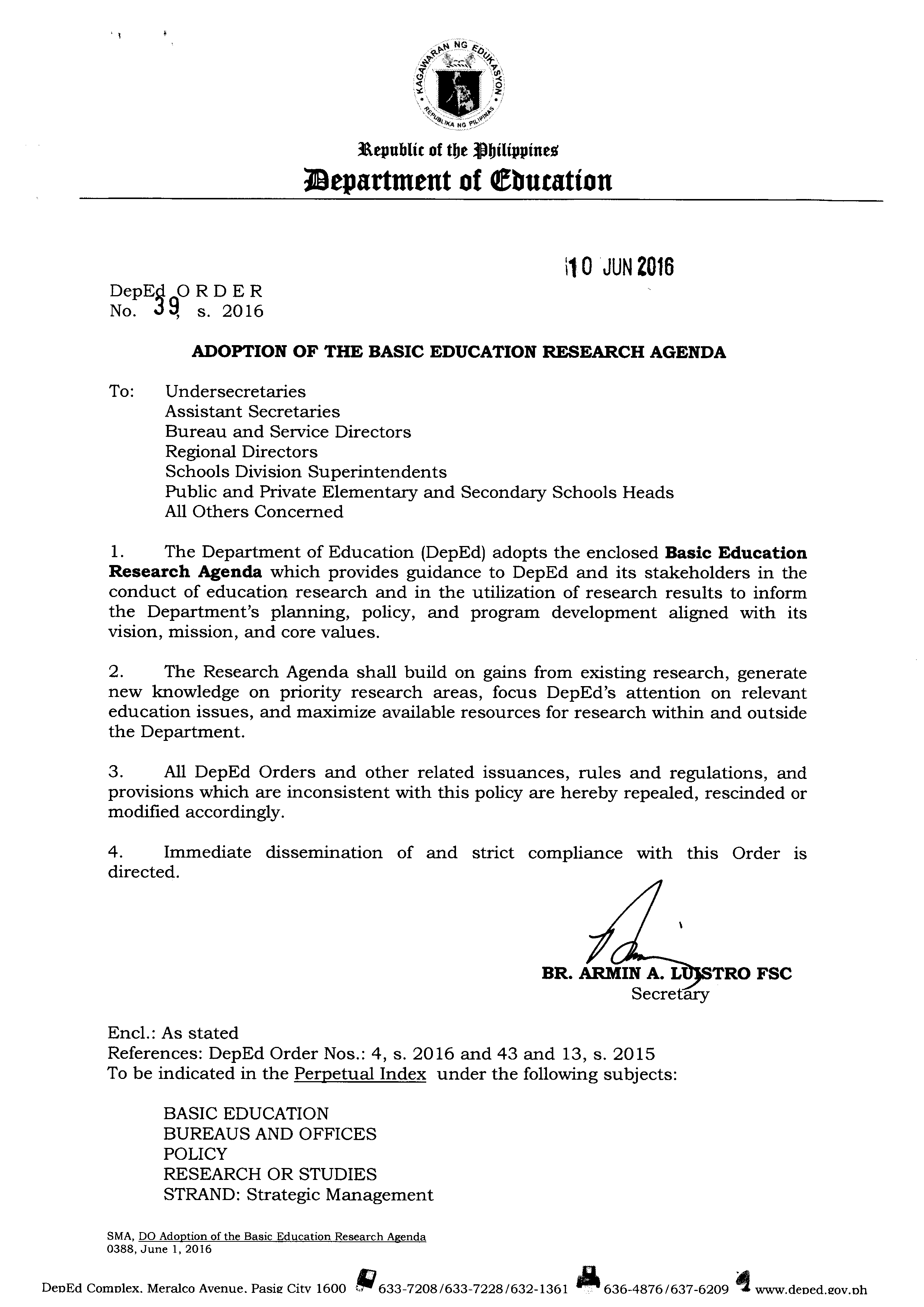Education Research Agenda
Save, fill-In The Blanks, Print, Done!

Download Education Research Agenda
Adobe Acrobat (.pdf)- This Document Has Been Certified by a Professional
- 100% customizable
- This is a digital download (938.28 kB)
- Language: English
- We recommend downloading this file onto your computer.
How to draft an Education Research Agenda? Have you been searching for a template for Education Research Agendas? Look no further! Our Education Research Agenda template has everything you need to create a successful research plan. It includes sections for objectives, methodology, timeline, and budget. Just fill out the form to get started. Use this template to start completing your Education Research Agenda!
A research agenda in the context of education refers to a set of topics, questions, or areas of focus that researchers and scholars in the field aim to explore and address over a specific period. It's essentially a plan or outline that guides the research activities and priorities within the education community. A well-defined research agenda helps to structure and advance knowledge in the field, contributing to improvements in educational practices, policies, and outcomes.
Key components of an education research agenda may include:
- Research Questions: Clearly articulated questions or problem statements that researchers aim to investigate. These questions should be relevant to the current issues and challenges in education.
- Themes or Topics: Identification of specific themes or topics that the research community considers important for further exploration. These themes could range from classroom practices and pedagogy to broader systemic issues in education.
- Methodologies: Discussion of the research methods and approaches that researchers intend to employ. This may include qualitative and quantitative methods, case studies, surveys, experiments, and more.
- Goals and Objectives: Clearly defined goals and objectives that outline what the research community hopes to achieve through the research agenda. This could include contributing to theoretical frameworks, informing policy decisions, or improving educational outcomes.
- Timelines: A proposed timeline or schedule for when researchers plan to conduct specific studies or address particular aspects of the research agenda. This helps in organizing and prioritizing research efforts.
- Collaboration Opportunities: Identification of potential collaborations and partnerships with other researchers, institutions, or organizations. Collaboration can enhance the impact and scope of research initiatives.
- Policy Implications: Consideration of how research findings might inform educational policies and practices. Researchers may outline how their work can contribute to evidence-based decision-making in the education sector.
- Publication Plans: Discussion of how research outcomes will be disseminated, including plans for academic publications, conference presentations, and outreach to policymakers and educators.
- Evaluation and Reflection: Incorporation of mechanisms for evaluating the effectiveness and impact of the research agenda. This involves regular reflection on whether the research is achieving its intended goals and contributing meaningfully to the field.
Education research agendas are often developed collaboratively within academic institutions, research organizations, or professional associations. They provide a roadmap for researchers and educators to address the evolving challenges and opportunities in education and contribute to the continuous improvement of educational practices.
Download this Education Research Agenda template now for your own benefit!
DISCLAIMER
Nothing on this site shall be considered legal advice and no attorney-client relationship is established.
Leave a Reply. If you have any questions or remarks, feel free to post them below.
Research Templates
We provide a professional fundamental and applied research template collection. Check out and download the most suitable sample research templates in Word or PDF!
Read moreRelated templates
Latest templates
Latest topics
- Excel Templates
Where to find usefl Excel templates? How do I create a template in Excel? Check these editable and printable Excel Templates and download them directly! - IT Security Standards Kit
What are IT Security Standards? Check out our collection of this newly updated IT Security Kit Standard templates, including policies, controls, processes, checklists, procedures and other documents. - Drop Shipping Agreement
How to start drop shipping? Do you need a Drop shipping Agreement? Check out our Dropshipping Agreement templates now! - Google Sheets Templates
How to work with Google Sheets templates? Where to download useful Google Sheets templates? Check out our samples here. - GDPR Compliance Templates
What You Need To Be DPR compliant? Are you looking for useful GDPR document templates to make you compliant? All these compliance documents will be available to download instantly...
cheese

